Weak governance, Afghan safe havens fuelling terrorism in Pakistan: DG ISPR
Director General of Inter-Services Public Relations (ISPR), Lieutenant General Ahmed Sharif, held a detailed press briefing in Peshawar on Friday, where he outlined Pakistan’s ongoing efforts against terrorism.
During his address, the DG ISPR praised the resilience and bravery of the people of Khyber Pakhtunkhwa (KP), who he said have stood firmly against the menace of terrorism. “The courageous people of KP are confronting terrorism with unmatched resolve,” he said, adding that the Pakistan Army and law enforcement agencies remain committed to uprooting terrorism in all its forms.
Massive counter-terror operations carried out in KP
According to official data shared during the briefing, over 14,535 operations were conducted in KP in 2024, while 10,115 operations have been carried out so far in 2025. Daily, the security forces are conducting around 40 intelligence-based operations, DG ISPR revealed.
In 2025 alone, 917 terrorists were neutralised, the highest number recorded in a decade. However, 516 personnel and civilians embraced martyrdom during this period.
Terrorism still politically manipulated, says DG ISPR
DG ISPR pointed out that political manipulation of the terrorism issue has been a major stumbling block. “Terrorism cannot be fought while politics is being played over national security,” he said. He noted that Indian proxies operating from Afghan soil have carried out multiple terror attacks inside Pakistan.
He claimed that safe havens for terrorists still exist in Afghanistan, and more than 30 suicide bombers who carried out attacks in Pakistan had links to Afghanistan. “These networks are supported by both local and foreign handlers,” the DG added.
He also expressed concern over the availability of American weapons to terrorists following the US withdrawal from Afghanistan, saying these arms have been used in attacks on Pakistani soil.
Criticism of weak governance, judicial system, and counterterror capacity
In a strongly worded critique, the DG ISPR questioned why courts in KP failed to deliver punishments to convicted terrorists, stating that judicial shortcomings and gaps in governance have made the fight against terrorism more difficult.
He highlighted the lack of capacity in the Counter-Terrorism Department (CTD) of KP, which currently has only 3,200 personnel—a figure he termed grossly insufficient. “Is this force enough to secure a province on the frontline of terrorism?” he asked.
He also mentioned that only 54% of religious seminaries (madaris) in KP have been registered as of August 2025, even though registration was decided upon back in 2014.
National Action Plan not fully implemented
DG ISPR stressed that the National Action Plan (NAP), formulated after the APS tragedy with national consensus, has not been fully implemented. He questioned the rationale behind talks with terrorist elements, saying, “Was negotiation with terrorists part of the National Action Plan? Can we talk to those who attack schools, mosques, and seminaries?”
He warned that attempts to craft misleading narratives against security operations are being made to confuse the public and politicise security issues.
Smuggling, Non-customs-paid (NCP) vehicles, and Afghan refugees cited as major risks
The DG also linked NCP vehicles and smuggling with terror activities, stating that terrorists frequently use unregistered vehicles in attacks, making tracking difficult. He added that most terrorists involved in recent attacks were Afghan nationals.
Regarding Afghan refugees, he said their repatriation has been politicised, even though it was agreed in 2014 that they would return. He cited the Doha Agreement, which included commitments that Afghan soil would not be used against Pakistan—commitments that he said have not been honoured.
Call for governance and legal reforms
The DG ISPR noted that 70% of terrorism incidents occurred in Khyber Pakhtunkhwa, whereas Sindh and Punjab experienced fewer attacks, largely due to better governance systems in those provinces. Quoting the Army Chief, he remarked: “We are covering the governance gap with our blood.”
He also underscored the need to break the criminal-terrorist nexus and to strengthen the judicial system to ensure timely and decisive action against terrorists.
Salute to martyrs and resolve to eliminate terrorism
Concluding his briefing, DG ISPR saluted the martyrs of KP and reaffirmed the military’s commitment to eliminating terrorism, “The brave sons of this soil have written history with their blood. The Pakistan Army, like a solid wall, will continue to stand firm against terrorism. The sacrifices of our martyrs strengthen our resolve.”
He warned terrorist elements and their facilitators that “the ground will be made too tight for them to operate.”
For the latest news, follow us on Twitter @Aaj_Urdu. We are also on Facebook, Instagram and YouTube.







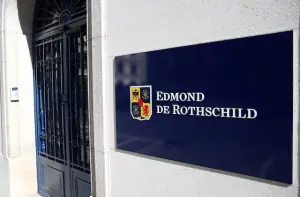
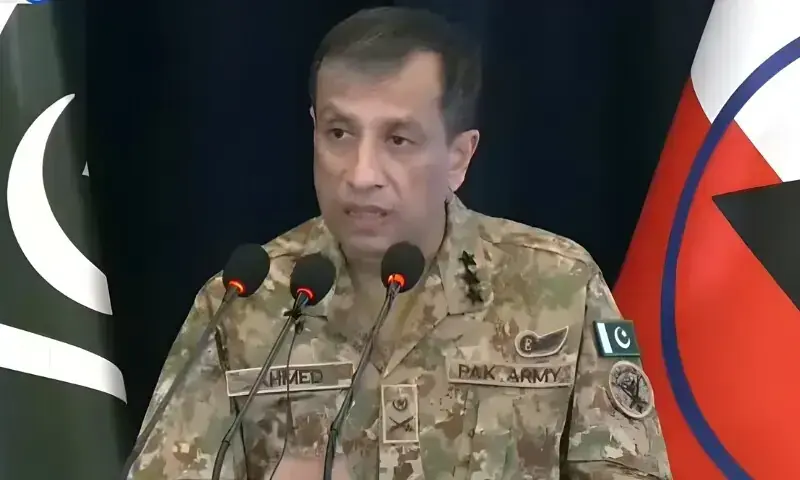

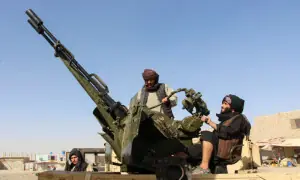
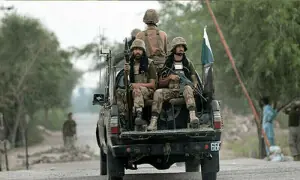


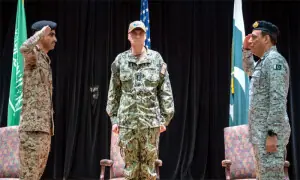
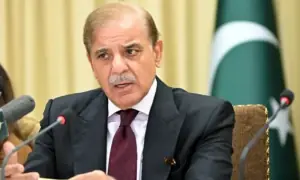
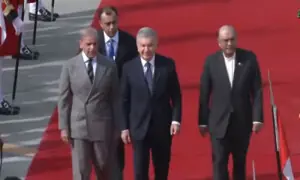
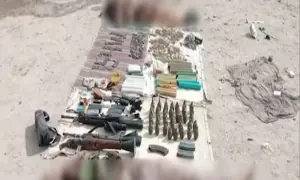
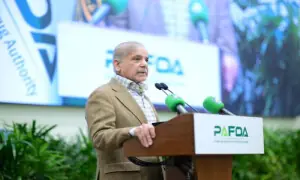

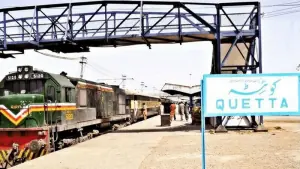
Comments are closed on this story.